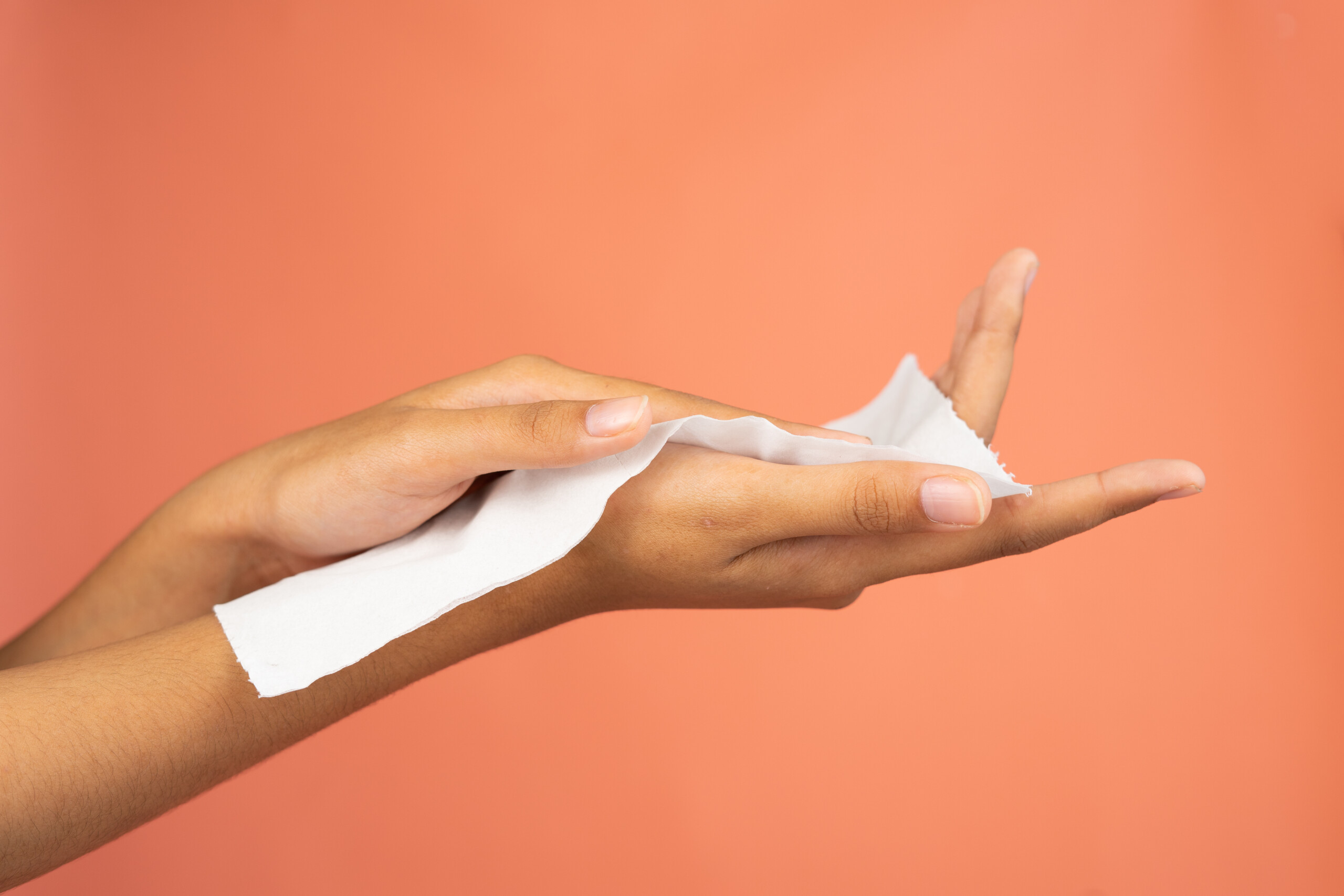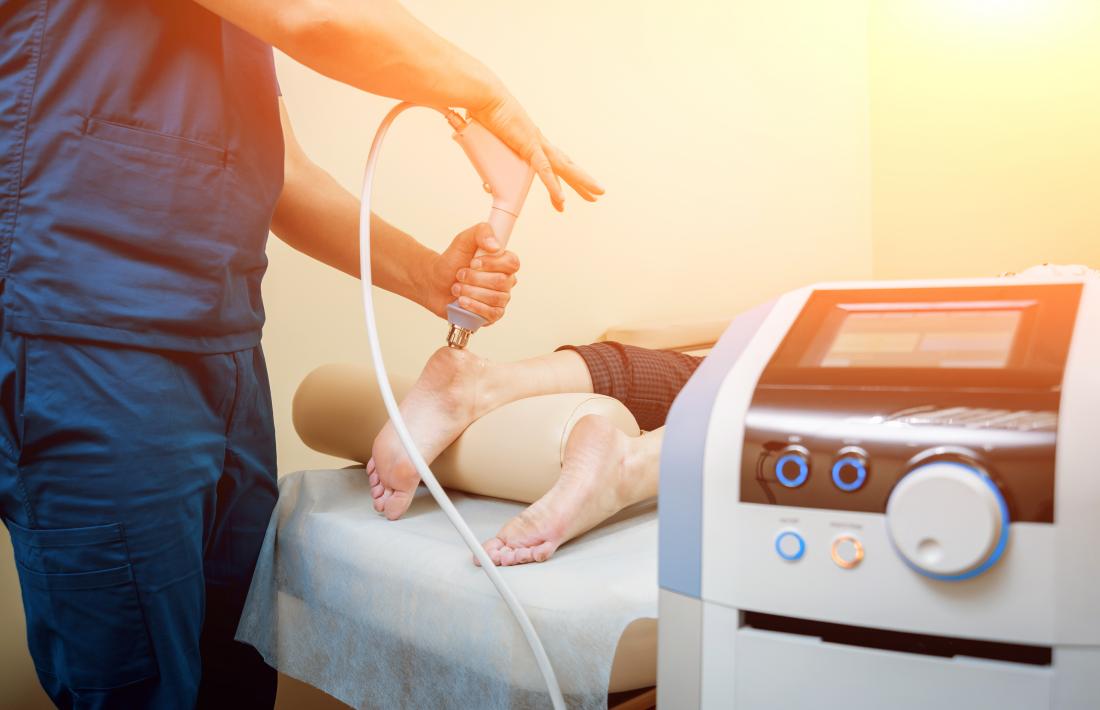Professional Dermatology Solutions for Treatment of Hyperhydrosis of Hands: Comprehensive Overview
Professional Dermatology Solutions for Treatment of Hyperhydrosis of Hands: Comprehensive Overview
Blog Article
Comprehending the Origin Causes of Excessive Sweating and Its Effect on Daily Life
While it is commonly recognized as a physiological reaction to manage body temperature level, the triggers for extreme sweating can vary extensively among individuals, incorporating not only physical factors yet likewise emotional and emotional aspects. By diving right into the root creates of hyperhidrosis and exploring its complex impacts, a deeper understanding of this prevalent issue can be obtained, dropping light on the intricacies that individuals grappling with too much sweating navigate on a day-to-day basis.
Physiology of Sweat Glands
The guideline of sweat manufacturing, an essential physical process, is largely managed by the task of sweat glands dispersed across the body. Sweat glands are classified into two primary kinds: eccrine and apocrine glands. Eccrine glands are the most many and are found in nearly all areas of the body. They play a crucial role in thermoregulation by secreting a watery fluid onto the skin's surface area, which vaporizes and helps cool the body down. In comparison, apocrine glands are focused in areas rich in hair roots, such as the armpits and groin, and their secretions are thicker and milky in look.
When the body temperature increases, either as a result of exercise, high temperatures, or emotional stress and anxiety, the nerves triggers the gland to generate sweat. This sweat is composed primarily of water and electrolytes like sodium and chloride. The process of sweat manufacturing is crucial for maintaining the body's internal temperature within a narrow, optimum variety, highlighting the important duty sweat glands play in human physiology.
Triggers for Excessive Sweating
In recognizing the origin creates of extreme sweating, it is critical to determine the triggers that can lead to this physiological feedback. Excessive sweating, also called hyperhidrosis, can be triggered by different factors, both ecological and physical. One usual trigger is psychological anxiety or anxiousness, which can stimulate the body's gland to produce even more sweat than is essential for cooling down. Physical physical effort, high temperature levels, and spicy foods are likewise understood to set off excessive sweating in people prone to this condition. Specific medical problems like menopause, diabetes, or hyperthyroidism can add to excessive sweating as well.
In addition, medications such as some antidepressants, opioids, and particular supplements can also work as triggers for hyperhidrosis. Understanding these triggers is crucial in handling excessive sweating properly - Treatment for hyperhydrosis of hands and feet. By identifying and resolving the particular triggers that motivate excessive sweating in a private, medical care suppliers can create customized treatment plans to relieve this condition and enhance the person's lifestyle
Medical Conditions Associated
Connected with too much sweating are various medical conditions that can exacerbate this physical feedback. One usual condition is hyperhidrosis, a problem characterized by unusually raised sweating that exceeds the body's thermoregulatory needs. This can materialize in focal locations like the hands, soles, underarms, or face, impacting an individual's lifestyle because of social shame and pain.
In addition, endocrine problems such as hyperthyroidism, diabetic issues, and menopausal warm flashes can likewise result in excessive sweating. Hyperthyroidism causes an overproduction of thyroid hormonal agents, increasing metabolic rate and activating sweating. Diabetic issues can cause sweating episodes, particularly throughout hypoglycemic episodes when blood sugar levels go down as well low. Menopausal hot flashes, connected to hormone changes during menopause, can create intense and unexpected sweating, usually come with by flushing and heart palpitations.
Furthermore, infections like tuberculosis, HIV, and endocarditis have been connected with evening sweats, a common signs and symptom known to interfere with rest and affect total wellness. These clinical conditions highlight the varied series of underlying aspects that can add to extreme sweating, demanding complete assessment and monitoring by health care specialists.
Emotional and Emotional Factors

Influence On Social Interactions
Extreme sweating can have extensive effects on a person's capacity to engage easily in social communications. The noticeable indicators of sweat stains or damp spots on clothing can result in shame and self-consciousness, causing individuals to withdraw from social scenarios. This withdrawal can influence relationships, limitation social tasks, and prevent specialist and personal development.

Furthermore, the anxiety and self-worth concerns stemming from excessive sweating can affect communication and interpersonal skills. People might struggle to concentrate on conversations, join team activities, or express themselves confidently. This can lead to feelings of seclusion and isolation, as social links come to be testing to preserve.
Final Thought

While it is generally comprehended as a physiological response to manage body temperature level, the triggers for excessive sweating can differ commonly among people, including not only physical factors but emotional and likewise emotional components. By delving right into the origin causes of hyperhidrosis and discovering its diverse results, a deeper understanding of this pervasive problem can be gained, losing light on the intricacies that individuals grappling with excessive sweating browse on a daily basis.
Physical effort, high temperatures, and spicy foods are additionally known to cause excessive sweating in people prone to this problem. By identifying and attending to the specific triggers that motivate excessive sweating in a private, healthcare providers can establish customized therapy plans to relieve this condition and enhance the person's high quality of life.
Too much sweating can have profound impacts on a person's ability to involve comfortably in social interactions.
Report this page